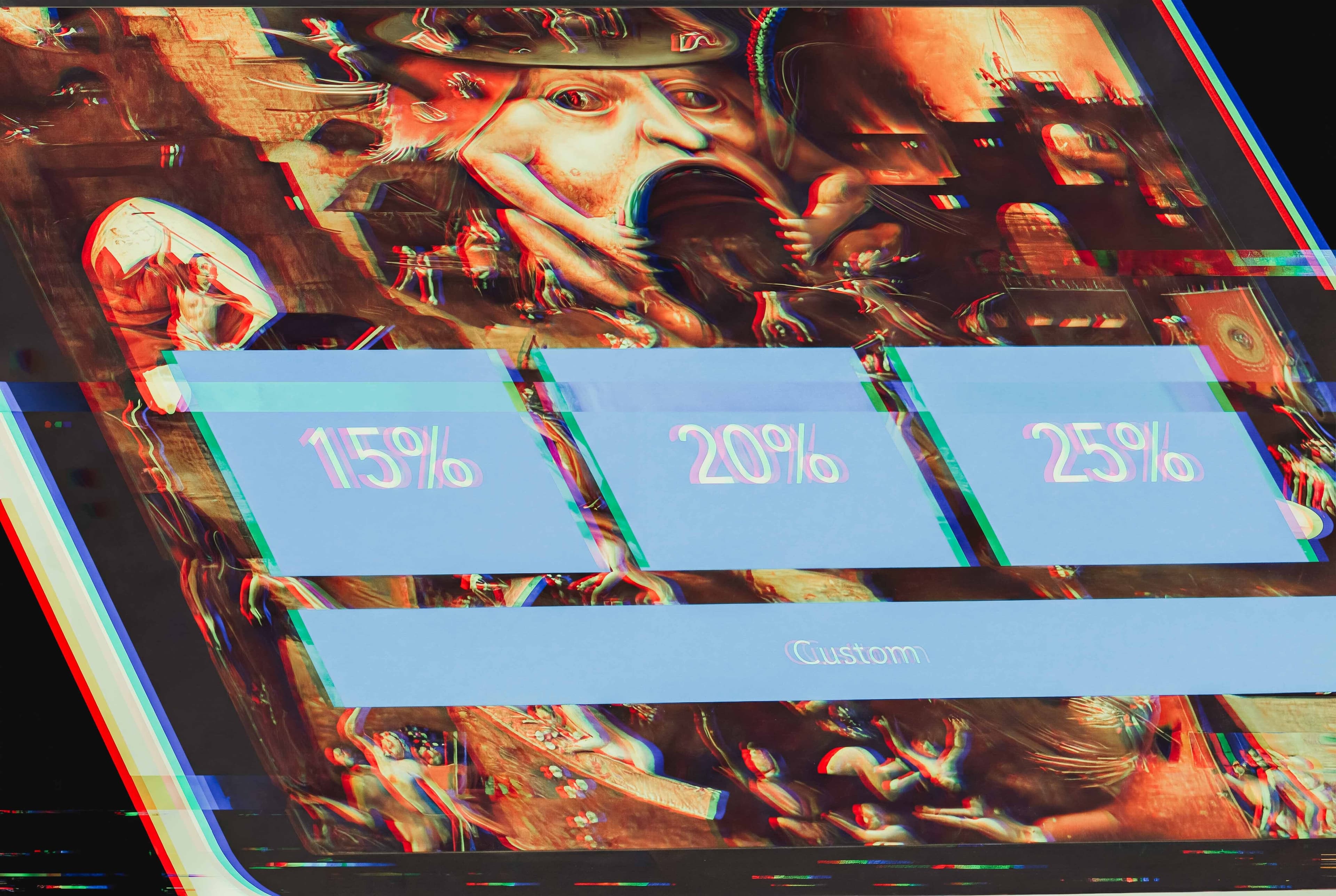Bank run. In short: Wednesday night, following the collapse of Silvergate Bank, Silicon Valley Bank signaled shocking news concerning financials already considered dire — publicly — for over two weeks. Thursday morning, around the time Axios reported on SVB’s attempt at a $1.75 billion stock sale at a loss, shares plummeted 50% on fears of insolvency, and there was a run. SVB attempted to quell concern in a disastrous, counterproductive call with investors at 11:30 AM PT, which the Information reported out just after 12:00 PM PT, and chaos erupted across social media. Thirty minutes later, wires out of SVB were already failing. It was the largest bank collapse since 2008, and the second largest in US history.
With panic mounting, and fear of broader contagion as the run extended to regional banks across the country, the federal government assured the public it would protect depositors. In other words, Silicon Valley Bank would no longer exist, anyone with shares of SVB would lose everything, but anyone who kept their money at SVB would be protected. The government’s thinking here was any signal depositors would not be protected would naturally trigger a national run. At the time of my writing, Biden’s decision appears to have averted immediate, broader crisis. Nonetheless, most banks are trading down, including banks with far more defensible positions than SVB, and the truth is nobody really knows how this will shape the financial system in the weeks to come. The cultural and political impact is more obvious.
Tl;dr the bank bust fallout revealed for certain what we already knew: tech is now universally hated.



